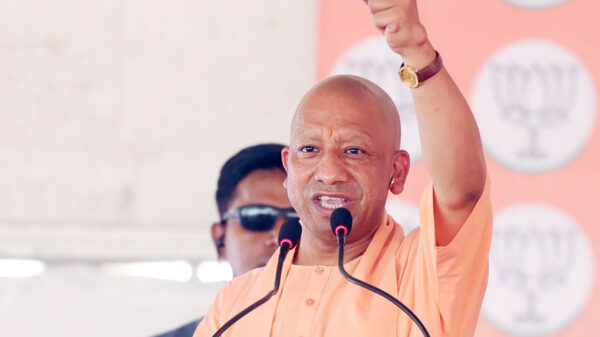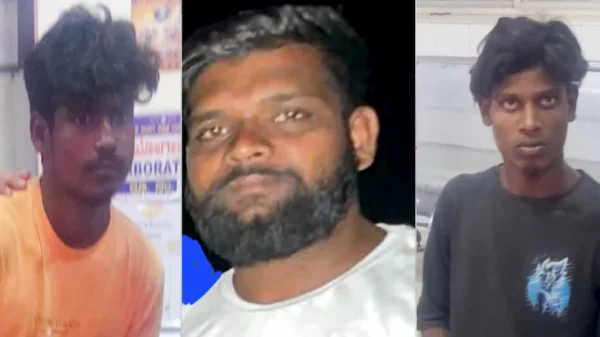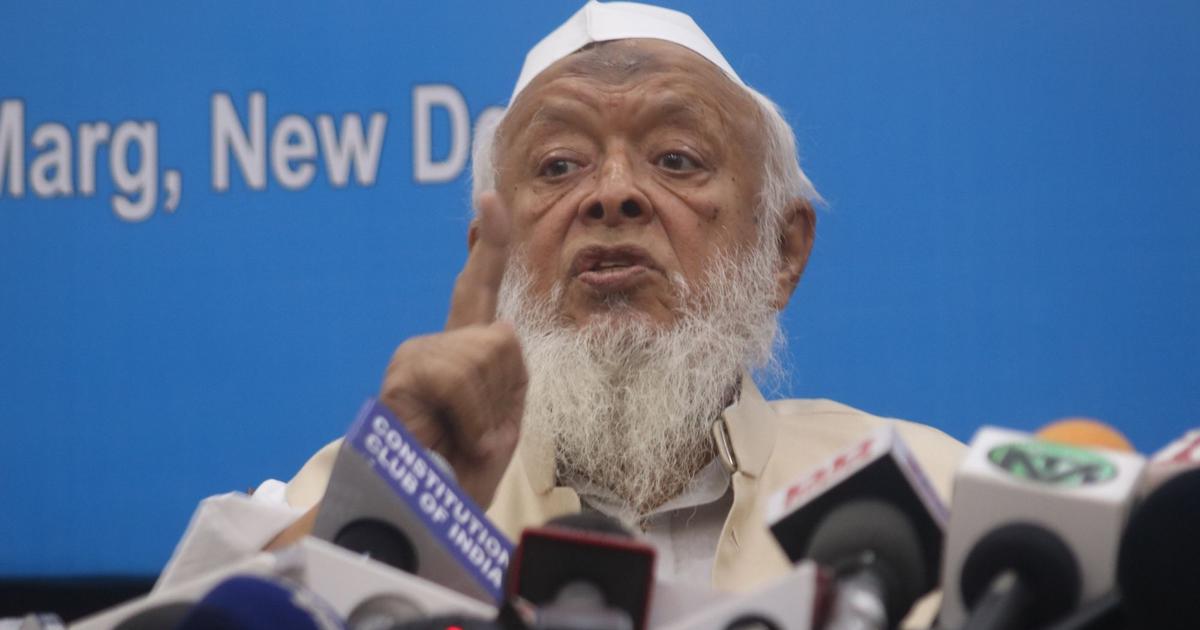To voice their concerns over the Uniform Civil Code (UCC) proposed by the Law Commission, the Jamiat Ulama-i-Hind has called upon people to respond to the commission’s notice using a barcode prepared by them.
During its working committee meeting presided over by Maulana Mahmood Asad Madani, the organisation highlighted its 14-point arguments defending the Muslim Personal Laws, stating that they are based on the Holy Qur’an and authentic Hadiths rather than customs and traditions. They further emphasized that implementing a uniform civil code, particularly without considering the rights of women, would be detrimental.
The primary objection raised by the Jamiat Ulama-i-Hind revolves around the lack of clear terms of reference, blueprint, and justification for the current exercise being undertaken by the Law Commission. They strongly urged the commission to refrain from promulgating the UCC without the consensus of the respective communities, religious groups, and organizations involved, emphasizing the potentially serious repercussions on the rights of individuals and religious denominations as enshrined under Articles 25 and 26 of the Indian Constitution.
Additionally, the organization pointed out that the diverse nature of the country, which is a fundamental characteristic of the Indian social structure, would be affected, potentially jeopardizing national integration.
According to the Jamiat Ulama-i-Hind, a mandatory uniform code on family-matrimonial laws would be incompatible with the secular principles that form a basic feature of the Indian Constitution and are unique to the Indian subcontinent. They argued that India’s existing criminal and civil laws are not uniform and are designed to reflect inclusive and secular principles based on the nation’s diversity.
The Jamiat Ulama-i-Hind contended that enforcing a mandatory UCC would impose a single identity on a nation comprising diverse inhabitants. They further warned that a uniform code of family laws would significantly impact the cultural rights protected under fundamental rights.
The debate surrounding the implementation of a Uniform Civil Code in India has long been a topic of discussion. Proponents argue that a unified set of personal laws for all citizens would promote gender equality and strengthen national unity, while opponents, such as the Jamiat Ulama-i-Hind, express concerns about potential encroachments on religious rights and cultural diversity.
It remains to be seen how the public will respond to the Jamiat Ulama-i-Hind’s call for action on the Law Commission’s notice using the unique barcode provided. As the debate unfolds, it is crucial for all stakeholders to engage in a constructive dialogue to find a balanced solution that respects both the principles of individual rights and the diverse cultural fabric of India.





























































